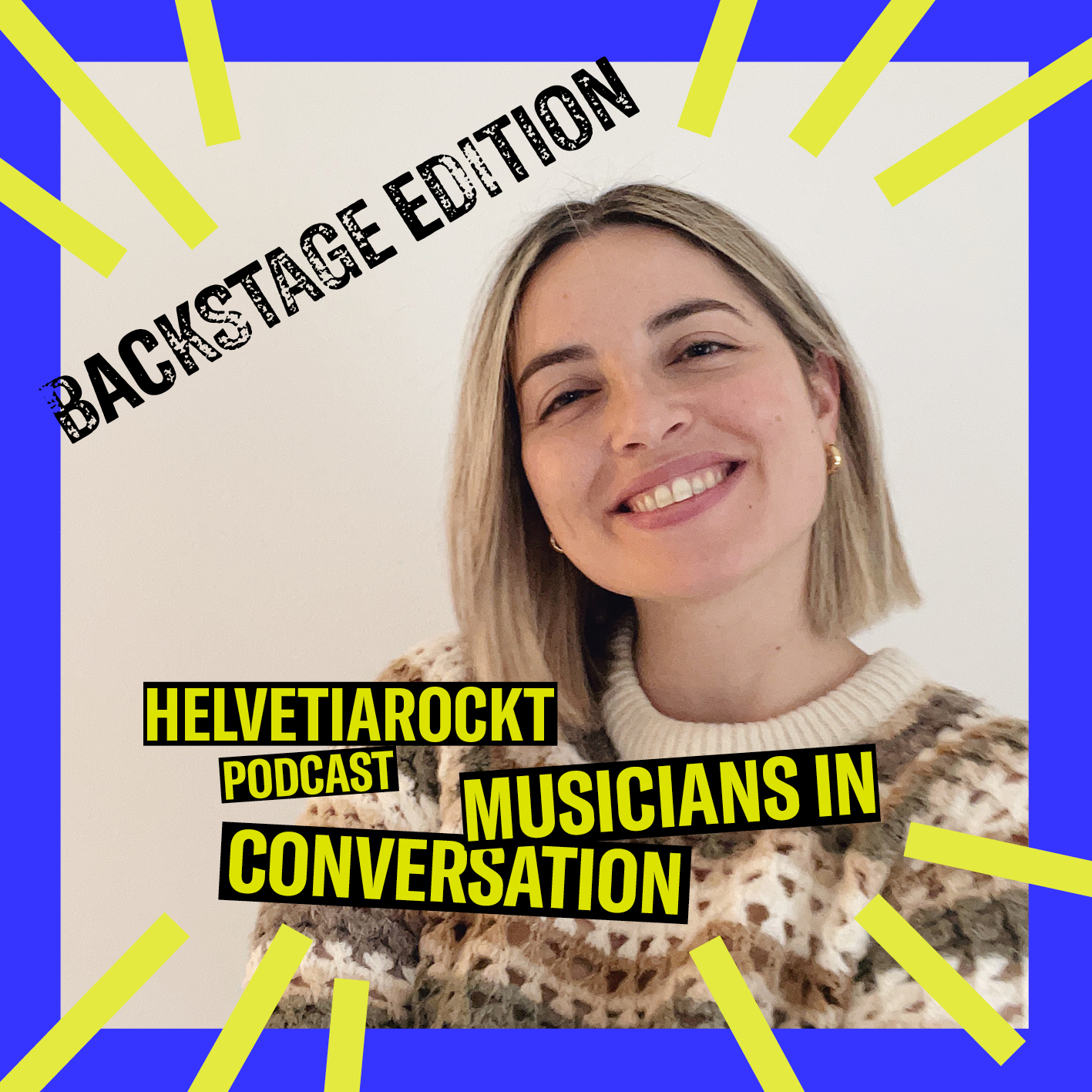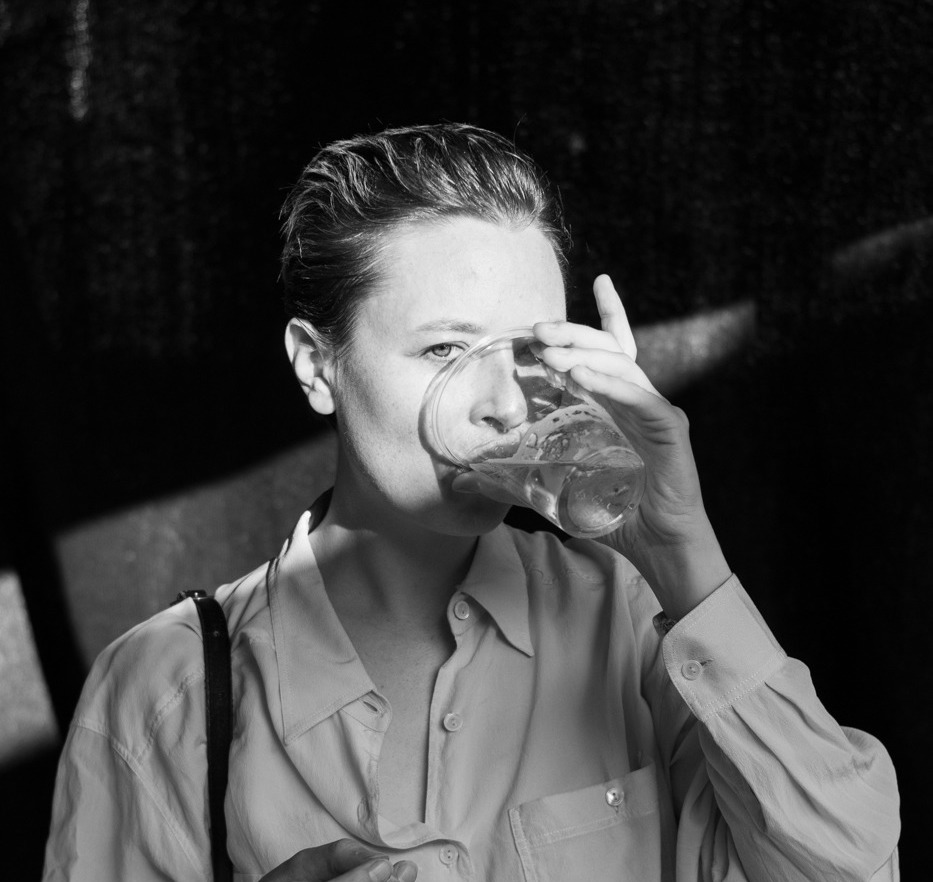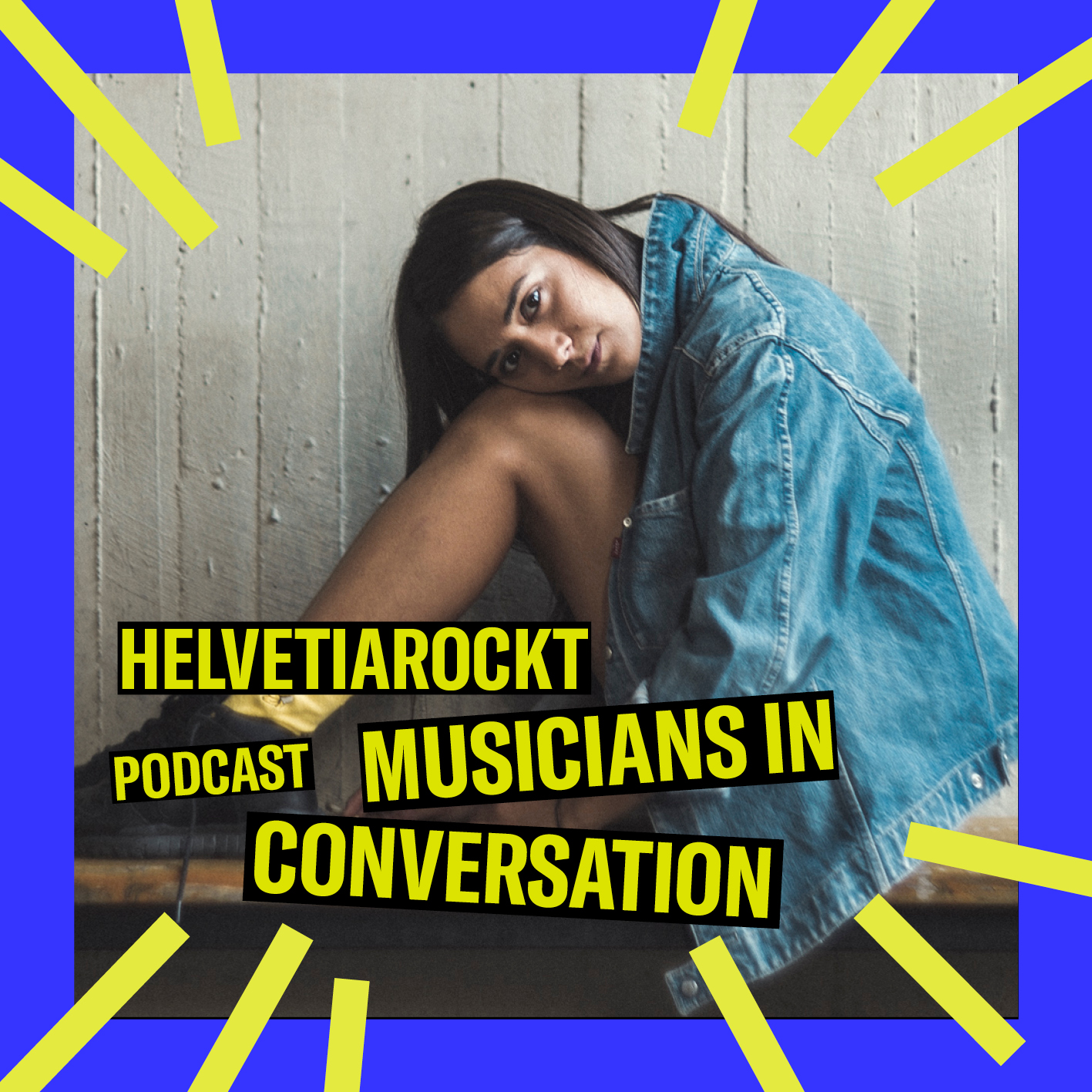In this episode Natalia speaks with Agent, Artist Manager and Artistic Director of Le Port Franc in Sion, Nadia Mitic. We discuss how the skills she learned as a teacher, helps in her music career today, the importance of building relationships and networking in the music industry. Nadia also gives practical advice to people wanting to work in the music industry and to artists and bands, when it comes to planning a release and building a career.
After a short stint as a teacher, followed by a master's degree in geography, Nadia Mitic has dedicated herself to contemporary music since 2009. She has been an artist agent for 10 years, founder and partner of the Swiss booking agency Glad We Met, artist manager in actual music and press officer for various Swiss and foreign artists. Since 2020, Nadia Mitic is also a programmer at the Port Franc in Sion. With more than 10 years of experience and a solid network in Switzerland and abroad, she regularly shares her experience and professional knowledge during trainings, expertise or round tables for the FCMA (The Fondation CMA is the most important institution in French-speaking Switzerland for advice, networking and further education courses for musicians in French-speaking Switzerland), the CAS in management in the fields of actual music, the HEMU (Haute École de Musique), the SAE Institute, the EJMA-VS, Culture Valais or the city of Neuchatel.
If you have a question for the musicians in conversation, simply send a DM to Helvetiarockt on insta!

In this episode Natalia speaks with Aline Bianchi who is the founder and Product Manager of Norma Music! We talk about royalties, copyright, licensing...

In this episode Natalia talks with Franziska 'Ziska' Staubli (musician, artist) about learning to play guitar, how to improvise and the importance of speaking...

In this episode Natalia speaks to Melisa Su who is a Club DJ, Producer and co-founder of the record label, ‘Mirror Records’. She is...